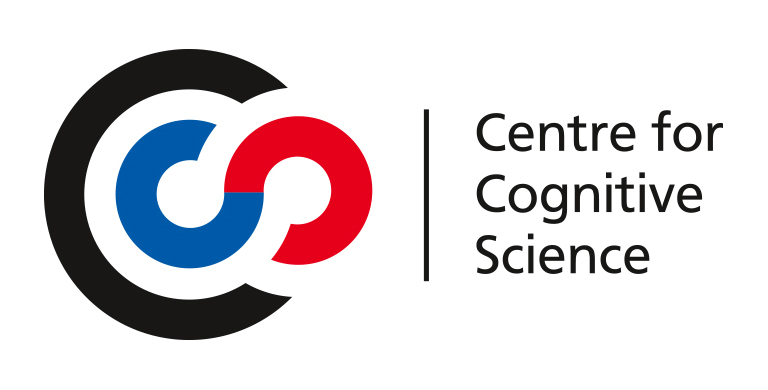The Centre for Cognitive Science is closely cooperating with the Artificial Intelligence at TU Darmstadt (AI•DA) initiative and the The Hessian Center for Artificial Intelligence (hessian.AI).
hessian.AI – the Hessian Centre for Artificial Intelligence pursues the goal of conducting excellent basic research with concrete practical relevance and also to promote transfer to industry and society. The centre, in which 13 Hessian universities are involved, bundles the expertise of 22 AI scientists and expands it through 22 new professorships.
Based on cutting-edge research as conducted at the TU Darmstadt and other Hessian universities, significant contributions are made to the research and development of novel AI systems with human-like thinking and communication capabilities, which are classified as belonging to the so-called “Third Wave of AI”.
According to John McCarthy, one of the founders of the field, AI is “the science and engineering of making intelligent machines, especially intelligent computer programs. It is related to the similar task of using computers to understand human intelligence, but AI does not have to confine itself to methods that are biologically observable.” So, how can computers reason, learn and act? How can computers learn with less help from us and data? How can computers understand images and natural text? How can robots learn to act? What are the computational principle underlying human cognition? And what can machines learn from this? Can AI be made understandable by us? How can intelligent machines and robots cooperate and interact with us in the loop? These are just few examples of the scientific questions AI•DA is addressing.






